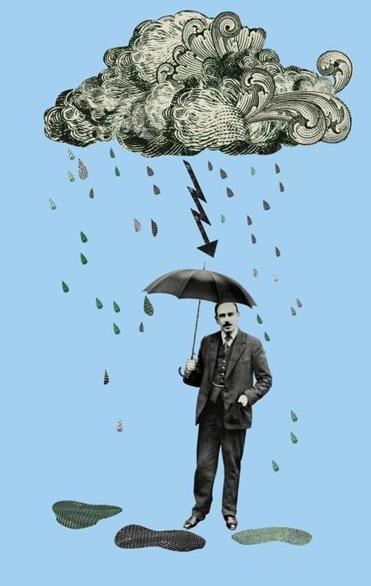Summary:
New paper by Tom Palley. From the abstract: This paper reflects on the history and enduring relevance of Keynes’ economics. Keynes unleashed a devastating critique of classical macroeconomics and introduced a new replacement schema that defines macroeconomics. The success of the Keynesian revolution triggered a counter-revolution that restored the classical tradition and now enforces a renewed classical monopoly. That monopoly has provided the intellectual foundations for neoliberalism which has produced economic and political conditions echoing the 1930s. Openness to Keynesian ideas seems to fluctuate with conditions, and current conditions are conducive to revival of the Keynesian revolution. However, a revival will have to overcome the renewed classical monopoly. Read full
Topics:
Matias Vernengo considers the following as important:
This could be interesting, too:
New paper by Tom Palley. From the abstract: This paper reflects on the history and enduring relevance of Keynes’ economics. Keynes unleashed a devastating critique of classical macroeconomics and introduced a new replacement schema that defines macroeconomics. The success of the Keynesian revolution triggered a counter-revolution that restored the classical tradition and now enforces a renewed classical monopoly. That monopoly has provided the intellectual foundations for neoliberalism which has produced economic and political conditions echoing the 1930s. Openness to Keynesian ideas seems to fluctuate with conditions, and current conditions are conducive to revival of the Keynesian revolution. However, a revival will have to overcome the renewed classical monopoly. Read full
Topics:
Matias Vernengo considers the following as important:
This could be interesting, too:
Robert Vienneau writes Austrian Capital Theory And Triple-Switching In The Corn-Tractor Model
Mike Norman writes The Accursed Tariffs — NeilW
Mike Norman writes IRS has agreed to share migrants’ tax information with ICE
Mike Norman writes Trump’s “Liberation Day”: Another PR Gag, or Global Reorientation Turning Point? — Simplicius
New paper by Tom Palley. From the abstract:
Read full paper here.

